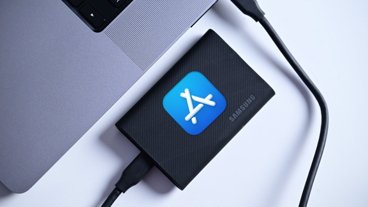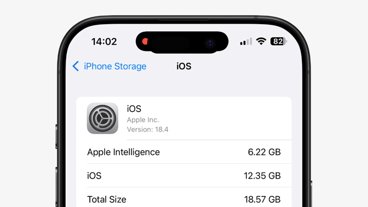Typing is now a part of everyday life, but learning to type faster and be more productive can be frustrating. Here are some Mac-specific tips and software to train you to type better.
We are becoming increasingly reliant on computers to complete everyday tasks. From submitting documents and bills to talking with friends and family through social media, we are constantly typing away on our computers or phones.
It's understandable why we want to practice and become more proficient, so here are a few tips to speed up your typing and be more productive.
Check your equipment
Each keyboard is different, so don't settle for a basic one. They are not all created equally.
If you're unsure where to start, AppleInsider lists the best wireless keyboards for Macs. Watching YouTube videos or reading reviews can help you determine what kind of keyboard you like.
If you're curious about mechanical keyboards, you can purchase a switch tester from websites like MechanicalKeyboard.com to test out and find your preferred switch. If you're going to spend most of your time typing, get rid of the keyboard that's got sticky or missing keys, and get something that works and makes you want to type.
Get comfortable
On average, people spend 44 years of their lives looking at screens.
According to that same pre-pandemic poll, an average of nearly five hours a day was spent looking at a laptop, which has only increased. So if you're spending that time in front of a computer, you might as well do it comfortably.
Good posture can help you feel less fatigue and make sitting at your desk more comfortable. According to Typing.com, you should sit with your feet flat on the floor, keep elbows bent and at a 90-degree angle, and wrists and hands in a neutral position.
Make sure your chair has proper lumbar support and that the height of your chair is adjustable.
You can purchase a laptop stand if you catch yourself slouching and looking down at your laptop. It helps you sit up straight, prevents strain on your neck and shoulder muscles, and makes it easier to spend more time typing.
We have some great recommendations if you're looking for a new chair to help ease your back pain. Check out the Sihoo M18 Ergonomic Office Chair or the Boulies Master Series Chair.
Optimize your work space
It's hard to get any work done while feeling claustrophobic, so give yourself room to stretch your arms out and declutter your desk or work area.
While some people can work amid chaos, typing can be challenging if your keyboard barely fits on the desk. So clear away the clutter, put away notebooks, throw away snack wrappers, and move that huge insulated water bottle away from your gadgets.
Giving yourself ample room will limit distractions and make your space more welcoming. Your goal is to make your area as inviting as possible.
You can be the fastest typer in the world, but your day will be filled with distractions if you don't like where you work.
Changing your space can help you refocus on your goal and eliminate that mid-day fatigue. If you're spending the whole day typing, it's easy to get bored.
Standing desks are great tools that allow you to move your body, change your position, and get your blood flowing. The FlexiSpot Odin E7Q is a sturdy standing desk that will hold your expensive equipment and keep you moving.
If you're using a laptop, taking your work outside can help you boost your productivity. Not only does it reduce stress, but it improves your mood, too.
When you feel yourself slowing down, a simple change of scenery will invigorate you and give you the energy to continue typing and working.
Practice makes perfect
Michelangelo didn't become a master overnight, and you won't either. If you want to learn how to type fast, you must practice, practice, practice!
Start by watching a YouTube video on the proper way to type. For example, WikiHow has a quick and simple video that teaches the appropriate position for typing.
Take a typing test to learn where your baseline is. For example, Keybr's test is fun and feels more like a game than a test.
The Typing Club is another website that provides you with instructional videos and exercises to help you memorize the keyboard.
However, you don't need a website to run exercises. Type "The quick brown fox jumps over the lazy dog" repeatedly. This English pangram, or sentence containing all the letters in the alphabet, will help you memorize where the keys are.
When learning how to type, start slow. Once your fingers are used to hitting the key from memory, then you can start speeding up.
If you race through these exercises instead of taking time, you will become more frustrated and make mistakes.
Learning to touch type, which is the act of typing using all your fingers without looking down at the keyboard, will take time, commitment, and concentration. The best way to do it is to pace yourself and go slow.
Mistakes happen
Sometimes it feels like the faster you try to type, the more mistakes you make.
You aren't using a typewriter, and mistakes disappear with the touch of a button. Erasing typos is much easier now.
Focus on fixing your errors after you're done writing.
There are so many programs now that autocorrect and check for spelling errors. Google Docs and Microsoft Word already come with grammar and spell checks.
Scrivener is another app that's great for Mac users. Easily edit your documents in a familiar word processor that auto-saves your work.
If you aren't sure which writing software is right for you, AppleInsider created a how-to guide on deciding which program best suits your needs.
You can also download apps, like Grammarly, that take a more in-depth look at what you're writing and help rewrite sentences that may be confusing.
Typing can be frustrating, but make the proper adjustments, and you'll be typing like a pro. Practice and make your space more comfortable, and you're ready to go.
 Julia Gomez
Julia Gomez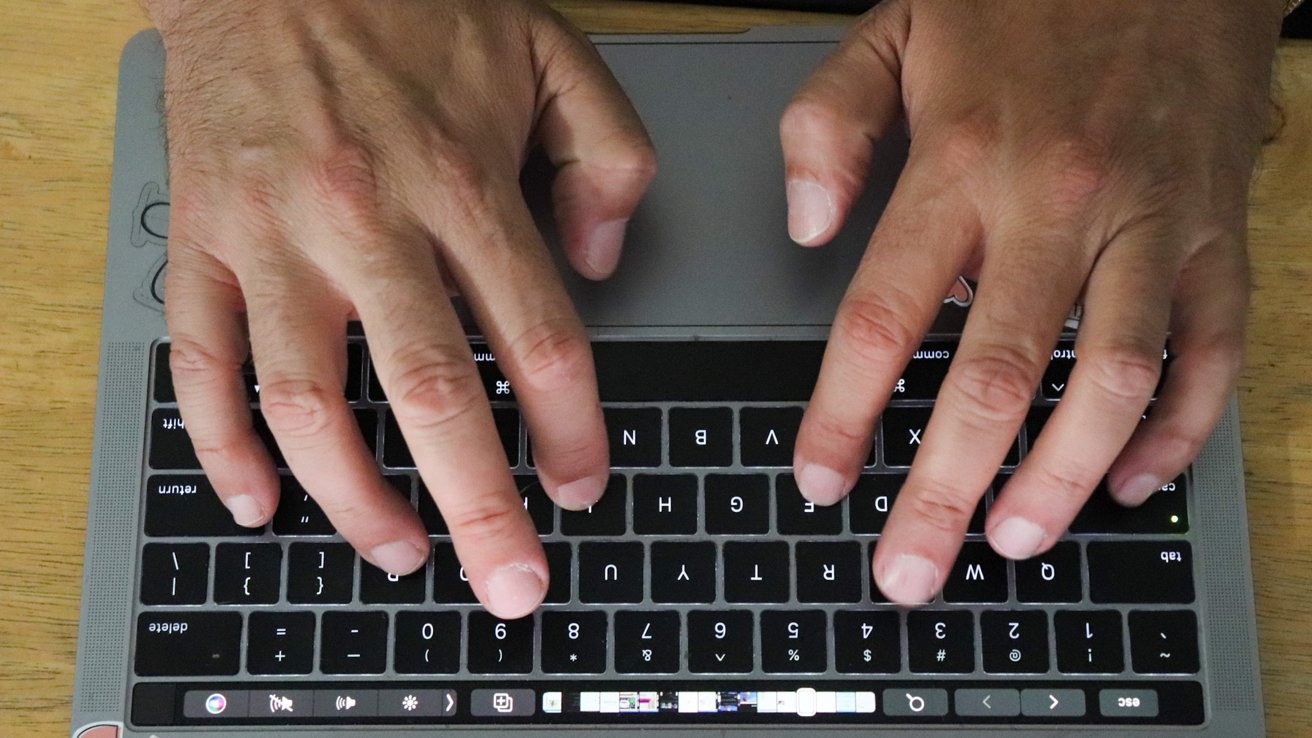


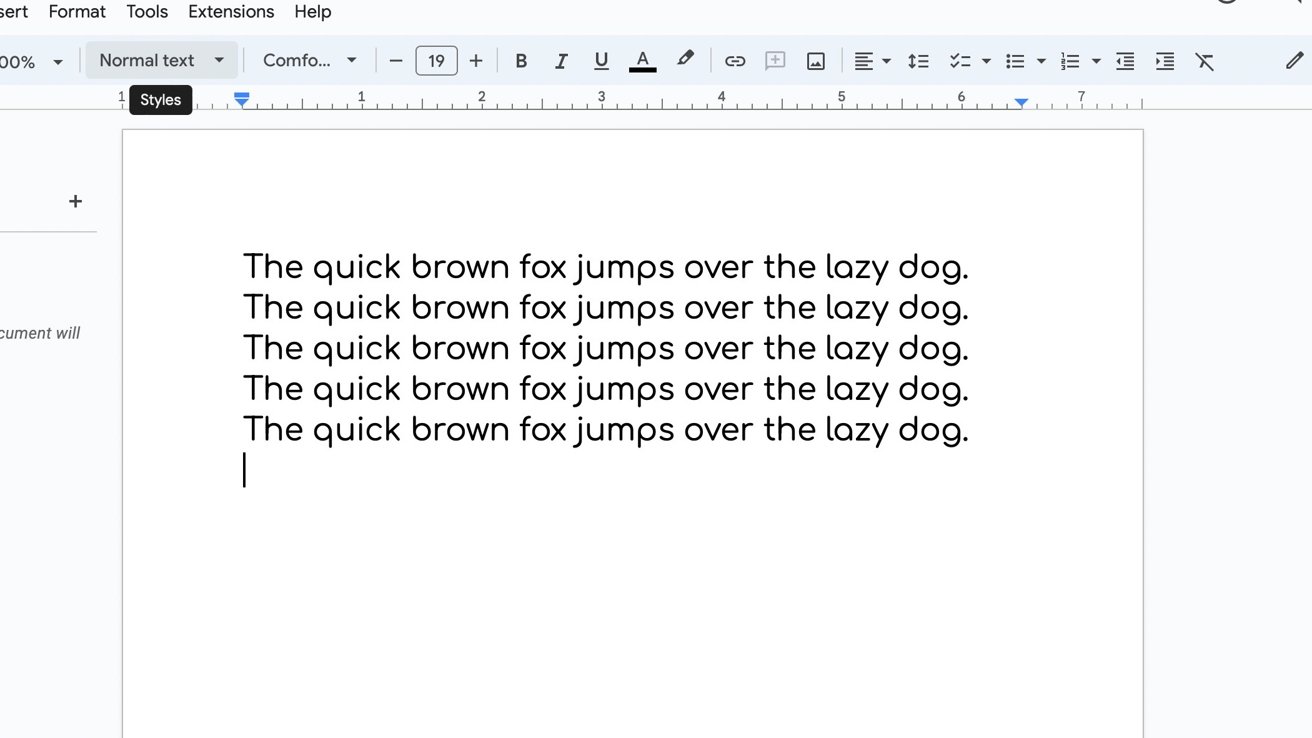
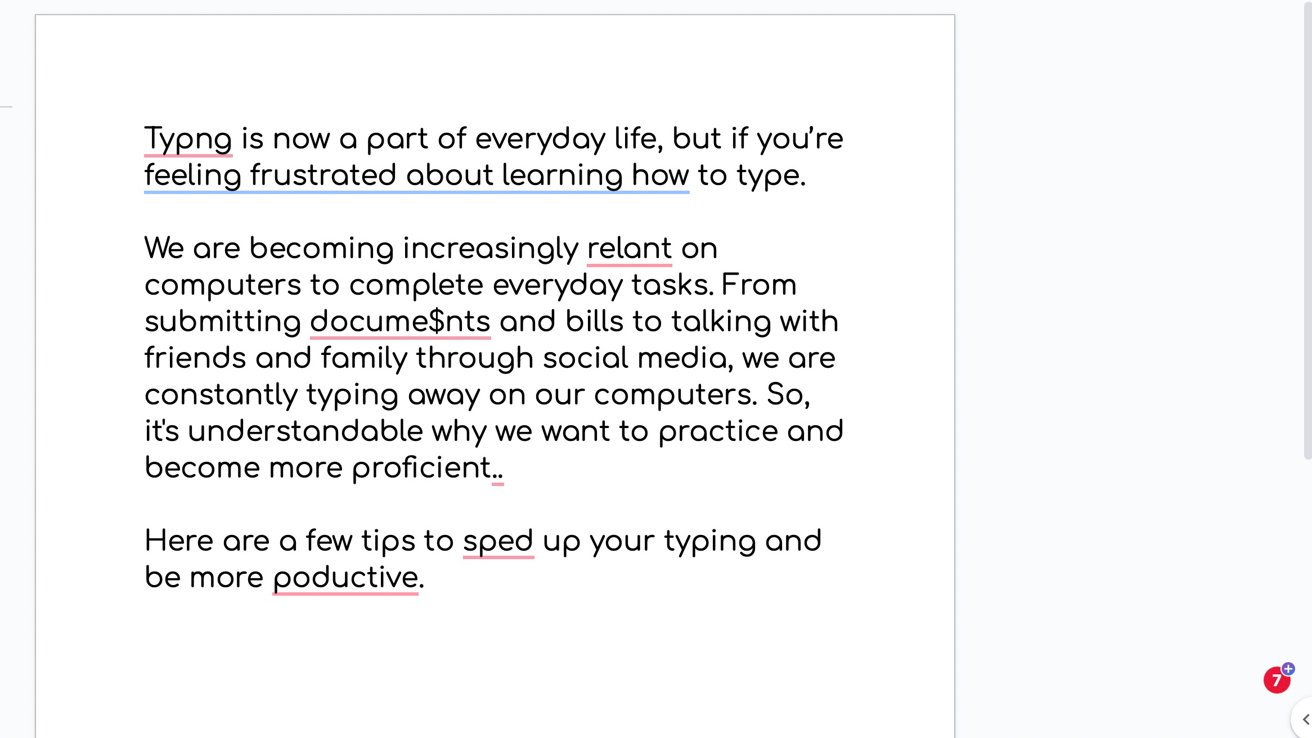








 Mike Wuerthele
Mike Wuerthele
 Malcolm Owen
Malcolm Owen
 William Gallagher
William Gallagher
 Thomas Sibilly
Thomas Sibilly
 Wesley Hilliard
Wesley Hilliard
 Marko Zivkovic
Marko Zivkovic

